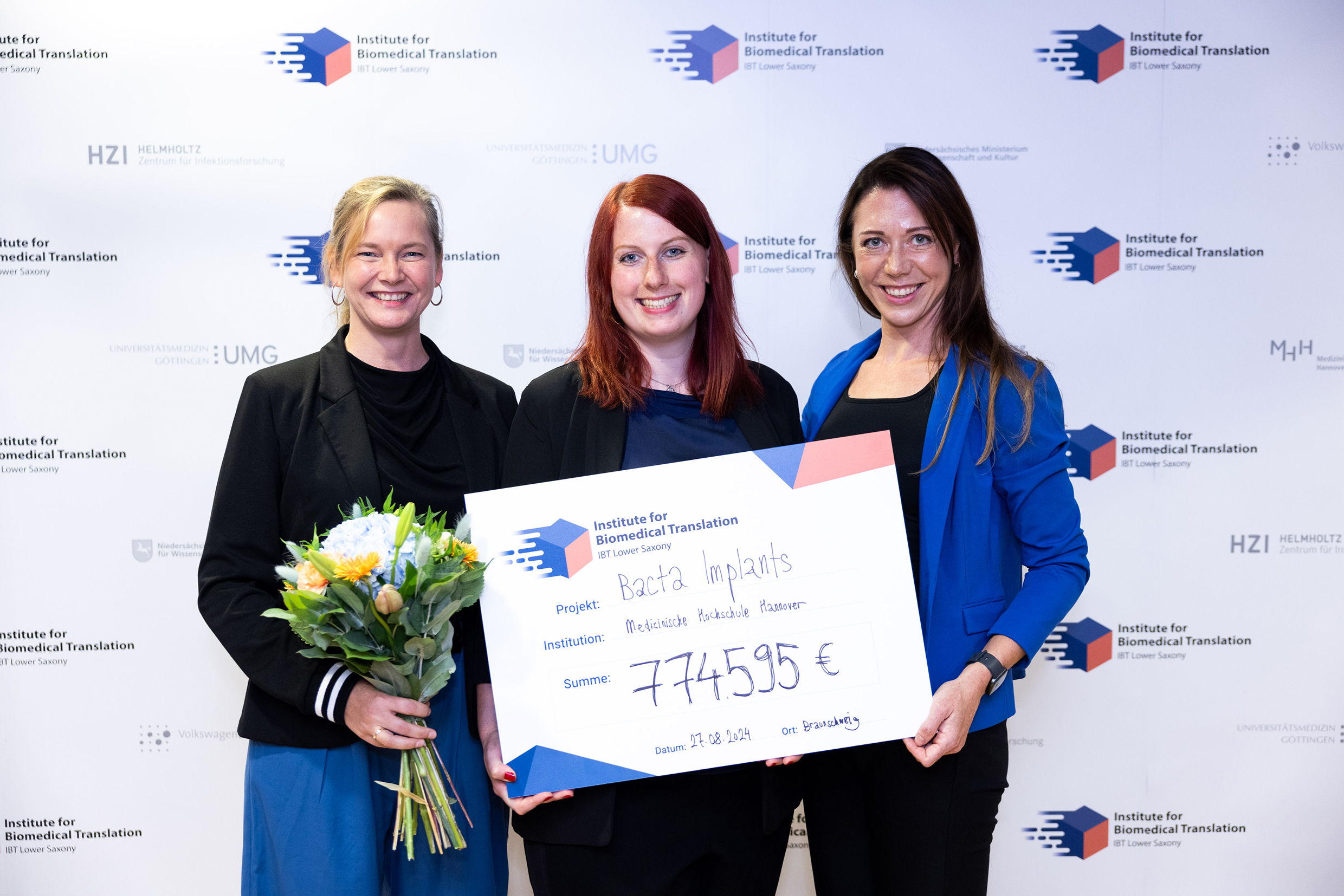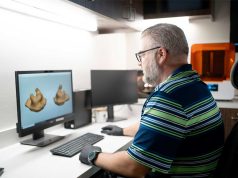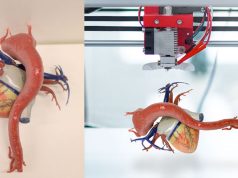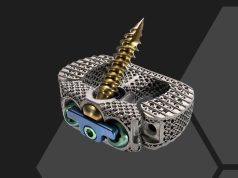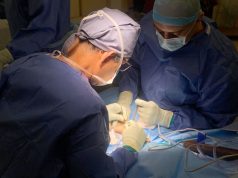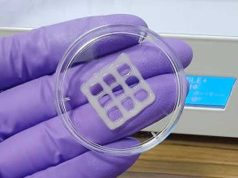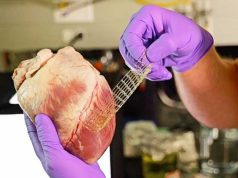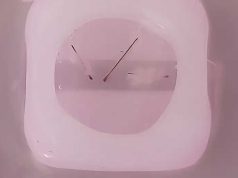The latest developments in the field of 3D printing offer promising approaches for the treatment of hearing loss. One outstanding example of this is the “Bacta Implants” project led by PD Dr. Verena Scheper from the Ear, Nose and Throat Clinic at Hannover Medical School (MHH). The project is being funded by the Institute for Biomedical Translation (IBT) with around 770,000 euros to validate the clinical application of the implants developed.
The use of 3D printing technology enables the production of customized, elastic implants made of silicone that can deliver specific active ingredients directly to hard-to-reach areas of the body. In this case, the focus is on the treatment of sudden hearing loss. By using a bio-plotter, the implants are designed to perfectly match the anatomy of the respective patient. This enables a targeted release of the active substance into the so-called round window niche, a small structure that connects the middle ear with the inner ear.
Traditional treatments for sudden hearing loss usually involve the administration of tablets or injections, with only a fraction of the drug actually reaching the inner ear. This can either lead to insufficient effect or to an increase in the dose, which in turn can lead to undesirable side effects. The new implant offers a significant advantage here by delivering the active ingredient precisely and directly to the affected area, which both increases effectiveness and minimizes side effects.
The first individual treatment trials with the round window implant (RNI) were successful. However, before a broader application is possible, it must be proven in a clinical study that the implant actually transports the active substance efficiently into the inner ear. PD Dr. Scheper emphasizes that this study is an essential prerequisite for a later approval study, which would form the basis for a possible market launch.
The support from the IBT ensures that this promising project can be further developed. At the same time, the PROTON project of the Helmholtz Center for Infection Research (HZI) was also awarded funding of 890,000 euros. This project aims to prevent dangerous bacterial infections and also uses innovative technologies to achieve advances in medical treatment.
These developments underline the increasing importance of 3D printing in medicine, particularly in the production of precise and individualized solutions for complex medical challenges.
Subscribe to our Newsletter
3DPresso is a weekly newsletter that links to the most exciting global stories from the 3D printing and additive manufacturing industry.



